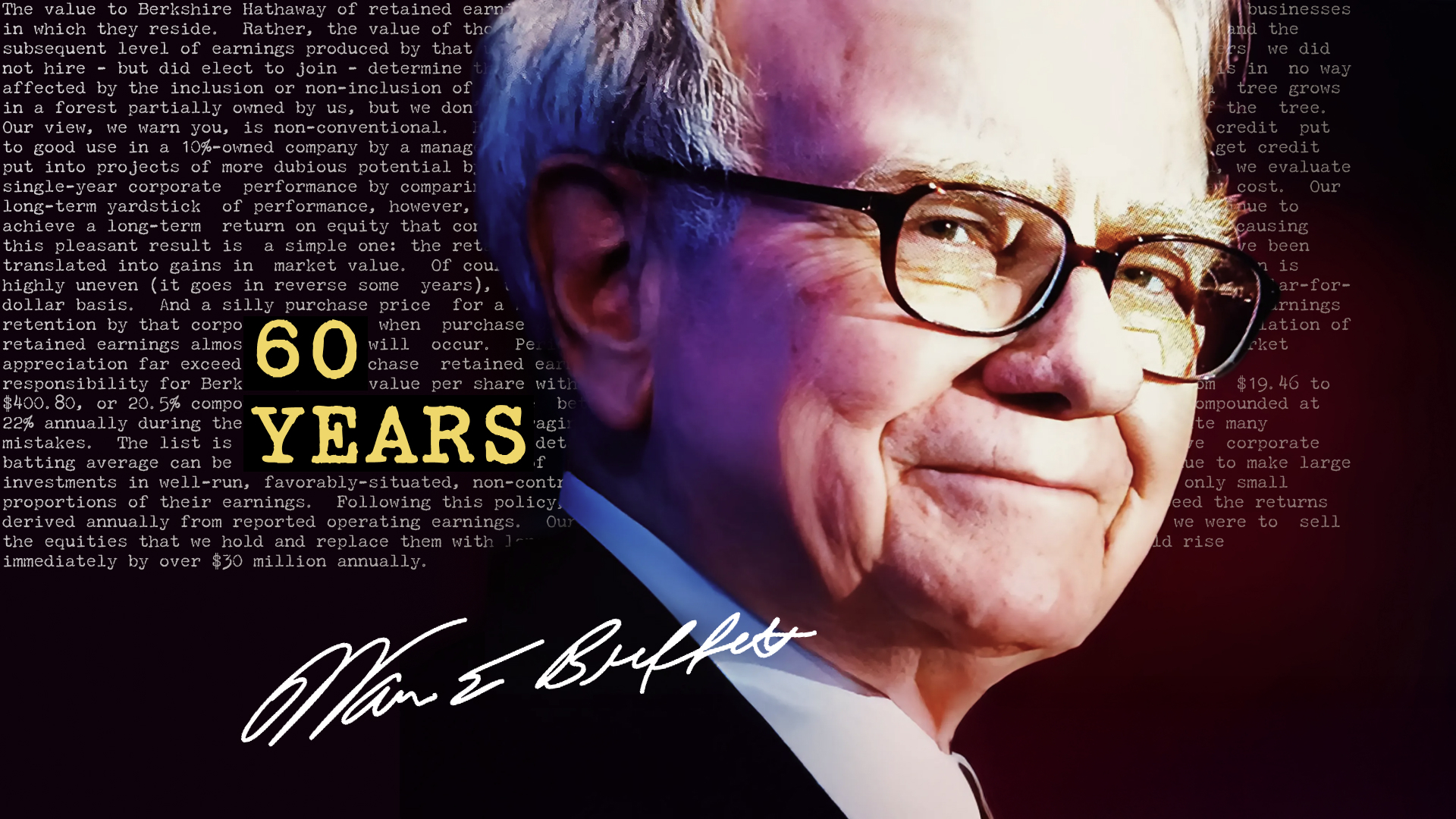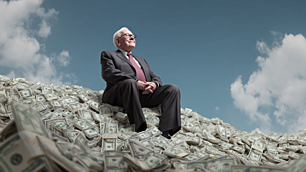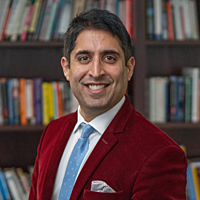Warren Buffett delivers final sign-off as Berkshire CEO

The world’s most famous investor has officially signed off.
Warren E. Buffett, the 95-year-old Chairman and CEO of Berkshire Hathaway (NYSE: BRK.A), has announced he is “going quiet” after releasing his final letter to shareholders - confirming his succession plan and a new wave of philanthropic giving.
“I will no longer be writing Berkshire’s annual report or talking endlessly at the annual meeting. As the British would say, I’m ‘going quiet.’”
The announcement confirmed that Vice Chairman Greg Abel will take over as CEO at year-end. Buffett praised his long-time deputy as “a great manager, a tireless worker and an honest communicator. Wish him an extended tenure.”
You can access the letter here.
Succession and a philanthropic shift
Importantly, Buffett also outlined plans to accelerate the transfer of his US$149 billion fortune to his children’s foundations, while allowing time for Berkshire Hathaway shareholders to gain confidence in Abel.
“Today, Warren E. Buffett converted 1,800 A shares into 2,700,000 B shares in order to give these B shares to four family foundations: 1,500,000 shares to The Susan Thompson Buffett Foundation and 400,000 shares to each of The Sherwood Foundation, The Howard G. Buffett Foundation and NoVo Foundation," said a Berkshire news release.
Buffett wrote: “My children are now at their prime in respect to experience and wisdom but have yet to enter old age,” adding that he wanted “to step up the pace of lifetime gifts to their three foundations.”
“I would like to keep a significant amount of ‘A’ shares until Berkshire shareholders develop the comfort with Greg that Charlie and I long enjoyed,” Buffett wrote, referring to longtime vice chairman and close business partner Charlie Munger, who passed away two years ago.
He reiterated that “the acceleration of my lifetime gifts to my children’s foundations in no way reflects any change in my views about Berkshire’s prospects.”
And he reinforced confidence in his successor:
“Greg Abel has more than met the high expectations I had for him when I first thought he should be Berkshire’s next CEO… I can’t think of a CEO, a management consultant, an academic, a member of government – you name it – that I would select over Greg to handle your savings and mine.”
A message of reassurance to shareholders
Even in farewell, Buffett’s focus was on investor confidence.
“In aggregate, Berkshire’s businesses have moderately better-than-average prospects, led by a few non-correlated and sizable gems. However, a decade or two from now, there will be many companies that have done better than Berkshire; our size takes its toll," he wrote.
“Berkshire has less chance of a devastating disaster than any business I know. And, Berkshire has a more shareholder-conscious management and board than almost any company with which I am familiar (and I’ve seen a lot).
“Our stock price will move capriciously, occasionally falling 50% or so as has happened three times in 60 years under present management. Don’t despair; America will come back and so will Berkshire shares.”
Sentimental wisdom from the ‘Sage of Omaha’
Beyond markets, Buffett’s farewell carried his signature mix of humility and perspective - both about life and investing - offering the following wisdom:
- “As Thanksgiving approaches, I’m grateful and surprised by my luck in being alive at 95.”
- “My advice: Don’t beat yourself up over past mistakes – learn at least a little from them and move on. It is never too late to improve. Get the right heroes and copy them.”
- “Decide what you would like your obituary to say and live the life to deserve it.”
- “Kindness is costless but also priceless ... the cleaning lady is as much a human being as the Chairman.”
- “Choose your heroes very carefully and then emulate them. You will never be perfect, but you can always be better.”
Why Buffett became the world’s most famous investor
Buffett’s legacy stretches far beyond Berkshire’s balance sheet. He turned a struggling textile business into a US$1.08-trillion conglomerate spanning insurance, rail, energy, and consumer goods - all built on patience, discipline, and value investing.
Born in Omaha in 1930, Buffett bought his first stock at age 11, studied under Benjamin Graham, and developed an approach that would redefine modern investing. His fame rests not only on results, but on clarity of thought and timeless wisdom.
Here are five of his best-known lessons that continue to shape the psyche of investors worldwide:
“Rule No. 1: Never lose money. Rule No. 2: Never forget rule No. 1.”“Be fearful when others are greedy and greedy only when others are fearful.”
“Price is what you pay. Value is what you get.”“It’s far better to buy a wonderful company at a fair price than a fair company at a wonderful price.”
“The stock market is designed to transfer money from the Active to the Patient.”

1 topic
1 stock mentioned

